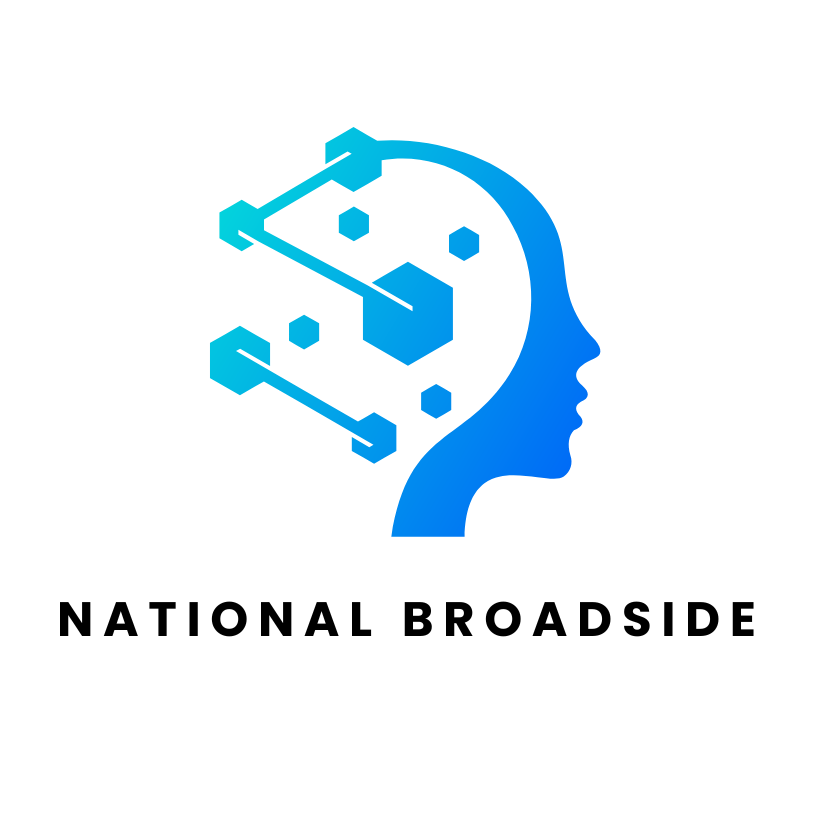Table of Contents
ToggleIn a world increasingly dominated by technology, you might wonder how artificial intelligence fits into the equation. Applied artificial intelligence is like the superhero version of standard AI, complex technology made useful for everyday problems. While the term sounds impressive, it’s often just a fancy way of saying AI that gets stuff done in real life. Imagine your coffee machine learning how you like your morning brew. That’s applied AI working its magic, and thankfully, it’s not just limited to caffeine lovers. Jump into this article to explore the practical side of artificial intelligence, where efficiency meets innovation, minus the sci-fi drama (unless you count the occasional robot uprising).
What Is Applied Artificial Intelligence?

Applied artificial intelligence refers to the practical use of AI technologies to solve real-world problems. Unlike theoretical AI, which focuses on concepts and algorithms, applied AI takes those concepts and turns them into tools that can enhance efficiency and productivity. So, whether it’s a chatbot answering customer inquiries or machine learning algorithms analyzing data patterns, applied AI is at the heart of operations that make our lives easier. For instance, voice-recognition software in smartphones allows users to interact naturally, making the technology accessible even to those who aren’t tech-savvy. In essence, applied AI transforms complex algorithms into everyday applications that benefit businesses and consumers alike.
Key Applications of Applied AI
The applications of applied artificial intelligence are as diverse as they are exciting. Here are a few standout examples:
- Healthcare: AI algorithms analyze medical data to provide faster diagnoses and tailored treatment plans. Imagine an intelligent system suggesting the best course of action based on previous patient data, now that’s a game-changer.
- Finance: From fraud detection to robo-advisors, AI tools are reshaping how financial institutions operate. They analyze vast amounts of transaction data to identify anomalies, keeping finances secure.
- Manufacturing: In factories, AI can predict equipment failures, optimizing maintenance schedules and reducing downtime. This predictive maintenance can save companies substantial amounts of money.
- Retail: Personalized shopping experiences, smart inventory management, and automated customer service chatbots enhance the consumer experience while boosting sales.
- Transportation: Autonomous vehicles employ AI to analyze their surroundings, making driving safer and more efficient. This technology is already being adopted in rideshare services and delivery systems.
Industries Leveraging Applied AI
Almost every industry is taking a deep jump into applied artificial intelligence, and some are leading the charge. Here’s a look at several sectors harnessing AI:
- Healthcare: Hospitals and clinics increasingly rely on AI for patient care and data management.
- Finance: The finance industry regularly utilizes predictive analytics for investment strategies and risk assessment.
- Manufacturing: Factories are using AI to streamline operations, reduce waste, and enhance worker safety.
- Transportation and Logistics: Companies are optimizing route planning and resource allocation, making logistics smoother than ever.
- Retail: AI-driven insights are transforming inventory management and marketing strategies for retailers.
This broad application spectrum demonstrates that the possibilities are virtually limitless.
Benefits of Implementing Applied AI
The allure of applied artificial intelligence isn’t just in its futuristic charm: it comes with tangible benefits that can revolutionize operations. Here are some compelling advantages:
- Increased Efficiency: Tasks that once took hours can now be done in seconds. Applied AI can automate repetitive processes, giving employees time to engage in more strategic work.
- Cost Reduction: Though the initial investment might be significant, the long-term savings from improved efficiency, reduced waste, and better resource allocation make applied AI a smart financial move.
- Enhanced Decision-Making: AI systems sift through enormous data sets, providing actionable insights that help businesses make better decisions.
- Personalization: Applied AI allows companies to tailor services/products to individual consumer needs, enhancing customer satisfaction.
- Scalability: With AI, businesses can seamlessly expand their operations without a proportional increase in overhead.
Challenges in Applied AI Implementation
Even though the numerous benefits, implementing applied artificial intelligence comes with its challenges:
- Data Quality: The effectiveness of AI is directly tied to the quality of data it processes. Inaccurate or incomplete data can lead to poor outcomes, making data management crucial.
- Cost of Implementation: Initial setup costs for AI systems can be steep, which may deter smaller organizations.
- Talent Shortage: The demand for skilled AI professionals currently outstrips supply, making it a competitive landscape for hiring talent.
- Ethical Considerations: The deployment of AI raises concerns about privacy, security, and bias in decision-making processes that must be navigated responsibly.
- Integration with Existing Systems: Many companies face hurdles when trying to integrate AI tools with their legacy systems, leading to bottlenecks.
Future Trends in Applied Artificial Intelligence
The future of applied artificial intelligence is looking incredibly promising. Several trends are starting to emerge:
- Explainable AI: As organizations adopt AI, there is a growing need for algorithms that can explain their decisions. This transparency will cultivate trust among users.
- AI in Cybersecurity: With increasing cyber threats, businesses are turning to AI to enhance their security measures and detect vulnerabilities in real-time.
- Edge AI: Instead of relying on centralized cloud systems, edge AI processes data on-site, improving speed and reducing delays, especially in IoT devices.
- AI and Sustainability: More companies are exploring how AI can contribute to sustainable practices, from optimizing energy use to minimizing supply chain waste.
- Greater Collaboration between Humans and AI: Instead of viewing AI as a replacement for human jobs, future trends will likely focus more on AI augmenting human capabilities in various sectors.







